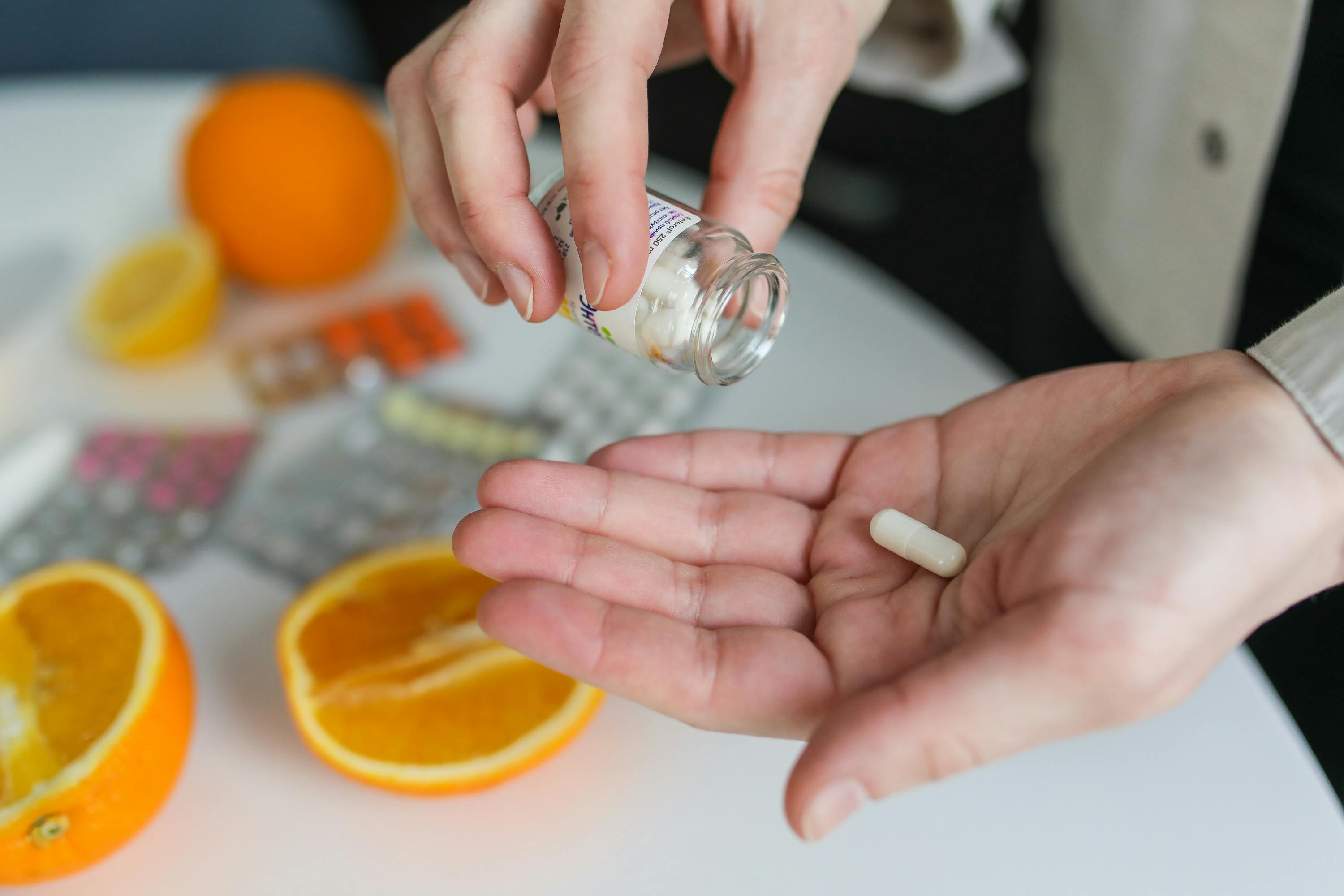Best And Worst Foods For Your Gut Microbiome
9. Antibiotics – Necessary but Disruptive

Antibiotics are powerful medications used to treat bacterial infections, but they can also disrupt the delicate balance of the gut microbiome. While antibiotics effectively kill harmful bacteria, they also eliminate beneficial bacteria, leading to dysbiosis. This imbalance can result in digestive issues, weakened immunity, and increased susceptibility to infections. To minimize the impact of antibiotics on gut health, it is essential to use them only when necessary and to follow a healthcare professional's guidance. Additionally, consuming probiotics during and after antibiotic treatment can help restore the balance of beneficial bacteria in the gut.
10. Stress – The Silent Gut Disruptor

Chronic stress can have a profound impact on gut health. The gut-brain axis, a bidirectional communication pathway between the gut and the brain, plays a crucial role in how stress affects the gut. Stress can alter the composition of the gut microbiome, reduce gut motility, and increase gut permeability, leading to digestive issues and inflammation. Moreover, stress can exacerbate symptoms of irritable bowel syndrome (IBS) and inflammatory bowel diseases (IBD). Incorporating stress-reducing practices such as mindfulness, meditation, and regular exercise can help support a healthy gut and improve overall well-being.
